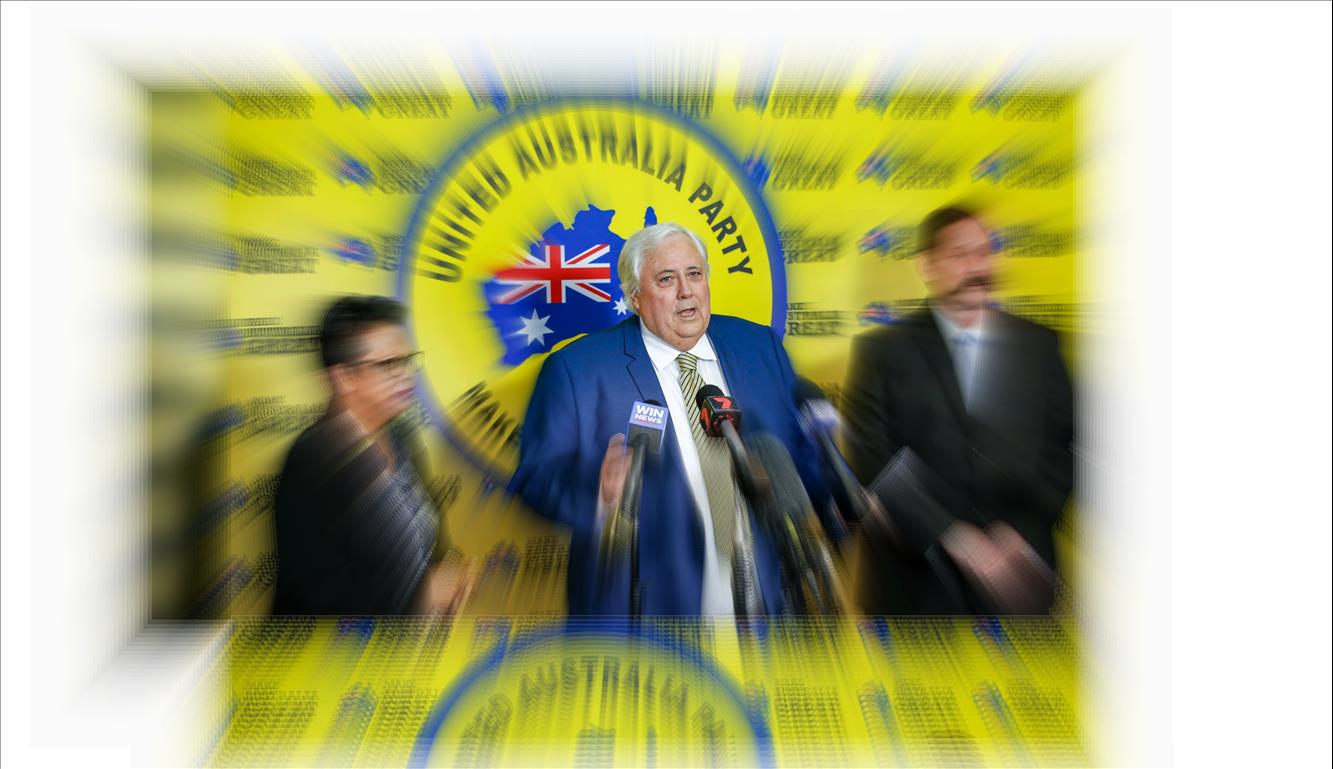(MENAFN- The Conversation) Ahead of the first pre-pollers voting on Monday – and then switching off from the campaign noise – Labor will dangle more big bait, this time on child care.
Bill Shorten flagged the initiative on Friday, saying that“in the very near future, we'll be announcing new plans to cut the cost of long day child care. And we will announce ... a new national push for pay equity, starting with early childhood educators”.
The policy is both pitching to parents, and forming part of the ALP commitment to finding ways to lift wages, especially for the low paid.
Labor mapped out its early campaign weeks to focus on issues of very specific concern to voters. It started with health, featuring its big cancer package, and moved to wages. It will broaden into cost of living, and building for the future on various policy fronts.
While the ALP has handled the presentation of its issues in a very ordered fashion, the same can't be said of its approach to one of the campaign's formalities – the leaders' debates.
The debate over debates
Shorten gave the impression of being dragged to the two now bedded down – in Perth on Monday (sponsored by the West Australian) and Brisbane on Friday (sponsored by News Corp outlets).
Morrison agitated for more; with Shorten pushed on Friday, Labor proposed a third be hosted by the National Press Club.
Morrison is confident on his feet and feels he has nothing to lose by multiple encounters. Shorten should have set out a debates' proposal early on, rather than appearing to be on the defensive.
One might have expected the Labor leader to be enthusiastic for debates – he prides himself on all those town hall meetings. But he's now risk averse and, as election favourite, knows debates potentially hold more pain than gain for him.
More broadly, in recent years leaders' debates have lost a lot of their significance, falling victim to competitive pressure between media outlets. As has been often argued, we should have a“debates commission” to ensure at least two face offs are run as major set piece occasions, not owned by any media organisation.
The deal that's“no deal”
Apart from the debate about debates, Friday's campaign argy bargy centred on the Liberals' preference deal with Clive Palmer's United Australia Party, due to be announced by Palmer on Monday.
Morrison displays his usual chutzpah over this rather tawdry trade.
On the murky matter of preferences, the Prime Minister would prefer to hide behind the party organisation, an unconvincing line blown apart when he issued his edict about the Liberals putting One Nation behind Labor.
In particularly awkward timing, Morrison was in Townsville - where Palmer's nickel workers were dudded in 2016 - when he had to field questions about the preference deal.
As one questioner succinctly put it:“Nowhere in the country knows better than Townsville the devastation and how that can be wrought by Clive Palmer. How can you look voters in this city in the eye and say they should direct their preferences to him, especially in the Senate?”
That is a question to which there is no answer that can sound half way good.
Morrison's message for the locals was“Vote for Phil Thompson, the LNP candidate. That's where you should put your vote and that's the vote I'm interested in.”
Never mind that this ignores the point that voters must allocate preferences and the Liberals are saying allocate them in Palmer's direction.
Morrison insisted there were“no policy deals that were being done with minor parties” in preference talks.
It was really all a matter of Palmer believing“Labor's tax policy would be devastating for the Australian economy.”
As far as Morrison was concerned,“ I'm interested in forming a government on the other side of this election. I'm going make sure I do everything I possibly can to ensure that we're able to form that government”.
He was dismissive of a warning from former Western Australian premier Colin Barnett (still stung by his preference deal with One Nation) that preferencing a discredited Palmer could alienate soft voters, as well as the Chinese.
Both sides now
The preference issue seemed easy pickings for Labor – except it had had a dalliance itself with the big man.
Shorten said there had been“no formal negotiations”, but Anthony Albanese unwisely went further.“Not once have we been talking to Clive Palmer about preferences because we understand it's a recipe for chaos”.
Palmer immediately blew the whistle on that, revealing Queensland senator Anthony Chisholm had put out feelers. Chisholm, as a former Queensland ALP state secretary, would know quite a lot about such things.
It took the gloss off Labor's attack on a deal it wanted to cast, in the colourful wording of Penny Wong, as“a marriage of convenience between an ad man and a con man”.
clive palmer palmer united party federal election 2019




















Comments
No comment